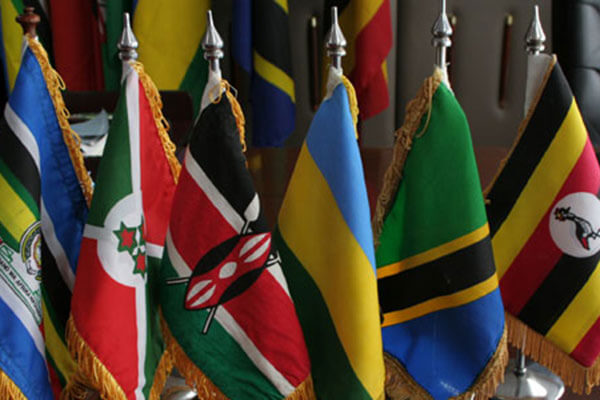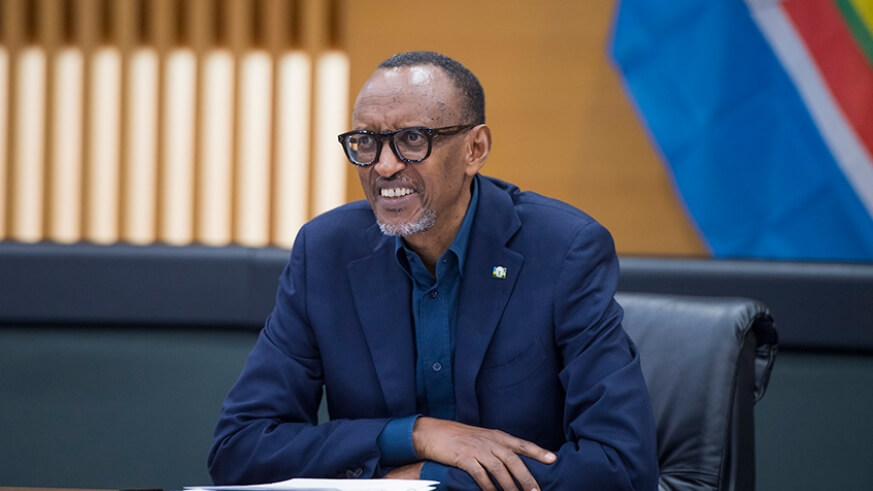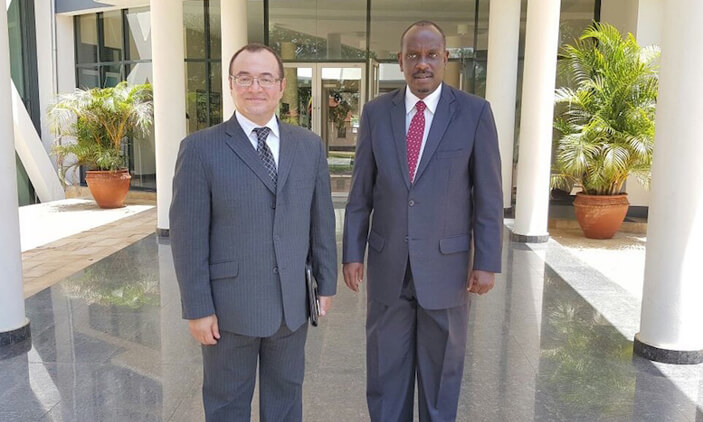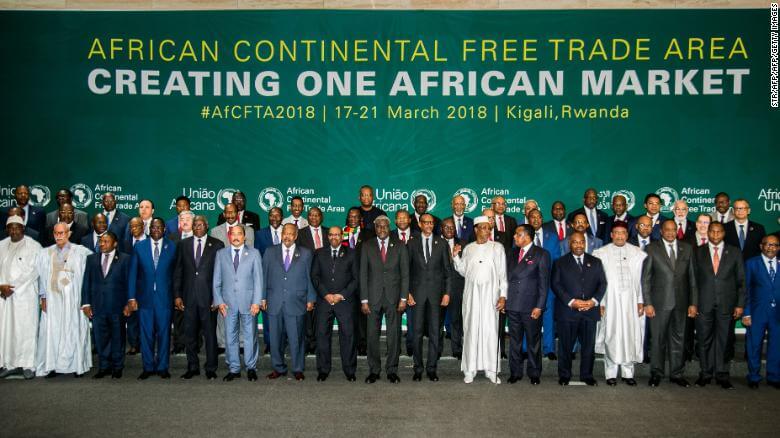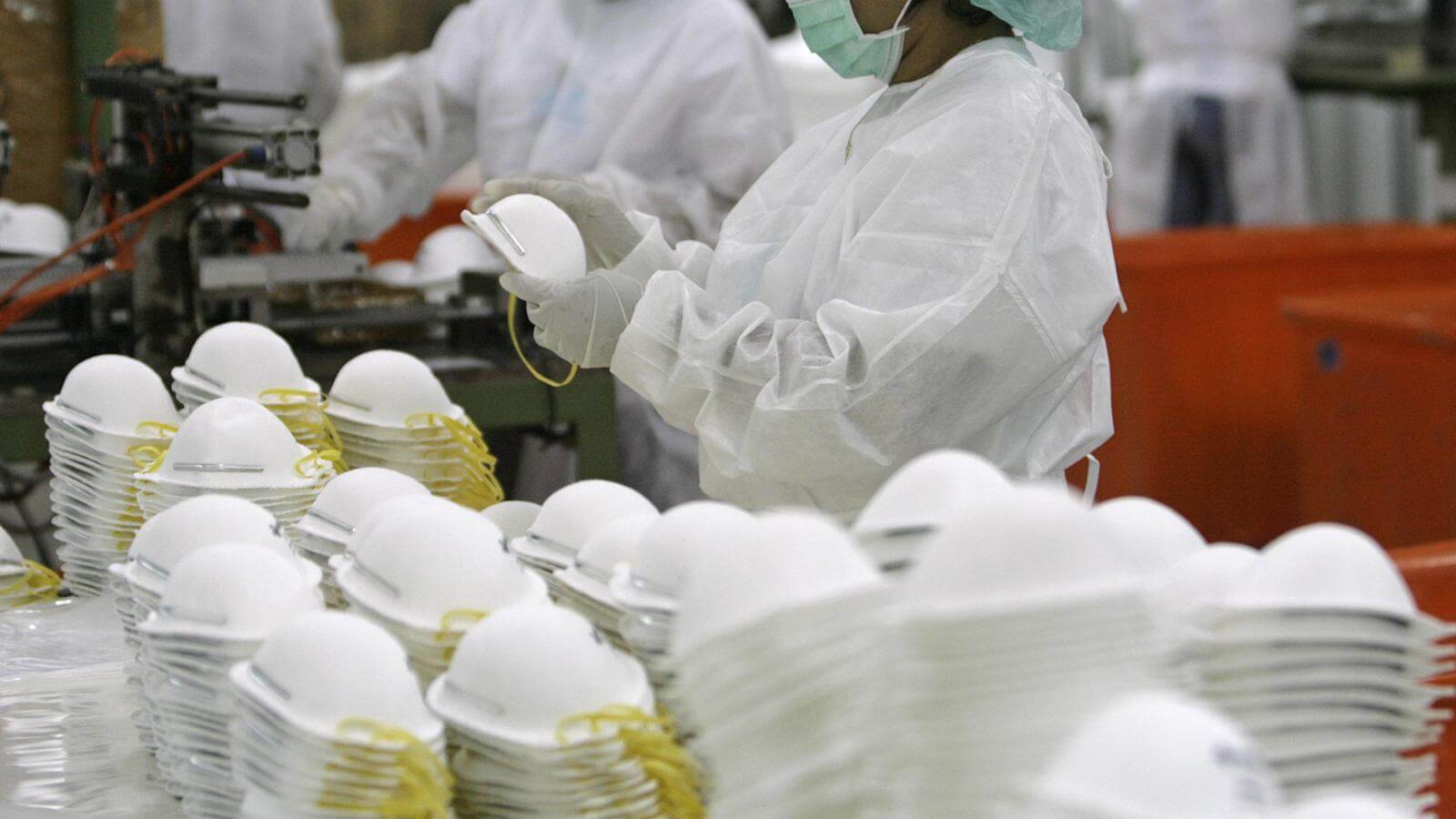Global trade is predicted to fall by a record 27% in the second quarter of 2020, according to the United Nations Conference on Trade and Development (UNCTAD), an organisation that tracks trade flows. This comes after the coronavirus pandemic distorted the supply and demand for products across the world leading to a severe decline in world trade. There has also been a slump in the export of cars, machine parts, and oil, among other global exports. Almost every category of goods is expected to suffer a fall in trade over the coming months, adding to a 3% decline in the first quarter of the year. According to UNCTAD, the report revealed a huge shock to the global economy from the Covid-19 pandemic. China was the first country to report a decline in trade ahead of a lockdown put in place by the authorities in Beijing in February. The country’s economy shrunk by 6.8% percent in the first quarter of this year. However, China also reported that her trade and Africa plummeted by around 14 per cent estimated at $41 billion in the first three months of 2020 compared to the same period in 2019, according to official figures released by China’s General Administration of Customs. The rest of the developed world followed in March when similar lockdowns were announced. Last week, the International Monetary Fund (IMF) warned that a previous forecast for an unprecedented decline in global GDP growth of 3% this year, the worst since the 1930s depression era, was looking optimistic. The...
Global trade to reduce by 27% in second quarter — report
Posted on: May 27, 2020
Posted on: May 27, 2020



